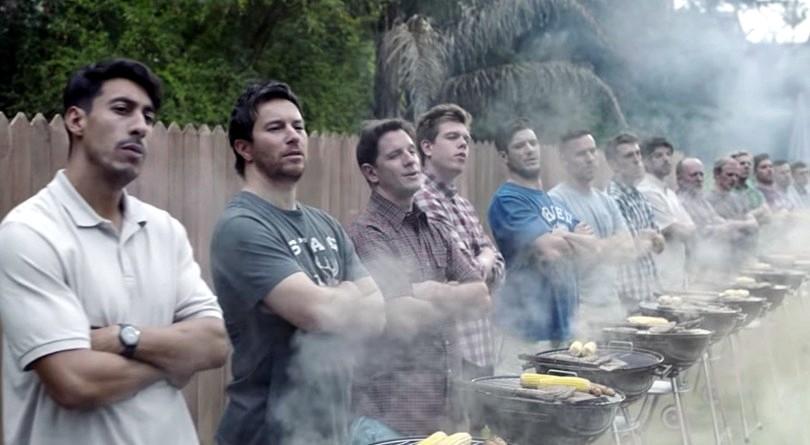Commentary
There are few products more synonymous with manhood than the razor. Boys watch their fathers for years awaiting their turn to partake in the daily ritual. Lather, shave, rinse, repeat. It was a simple yet symbolic rite of passage into a forever-binding entanglement with the biological realities of being a man. It was an innocuous task that had little part to play in the political arena.





